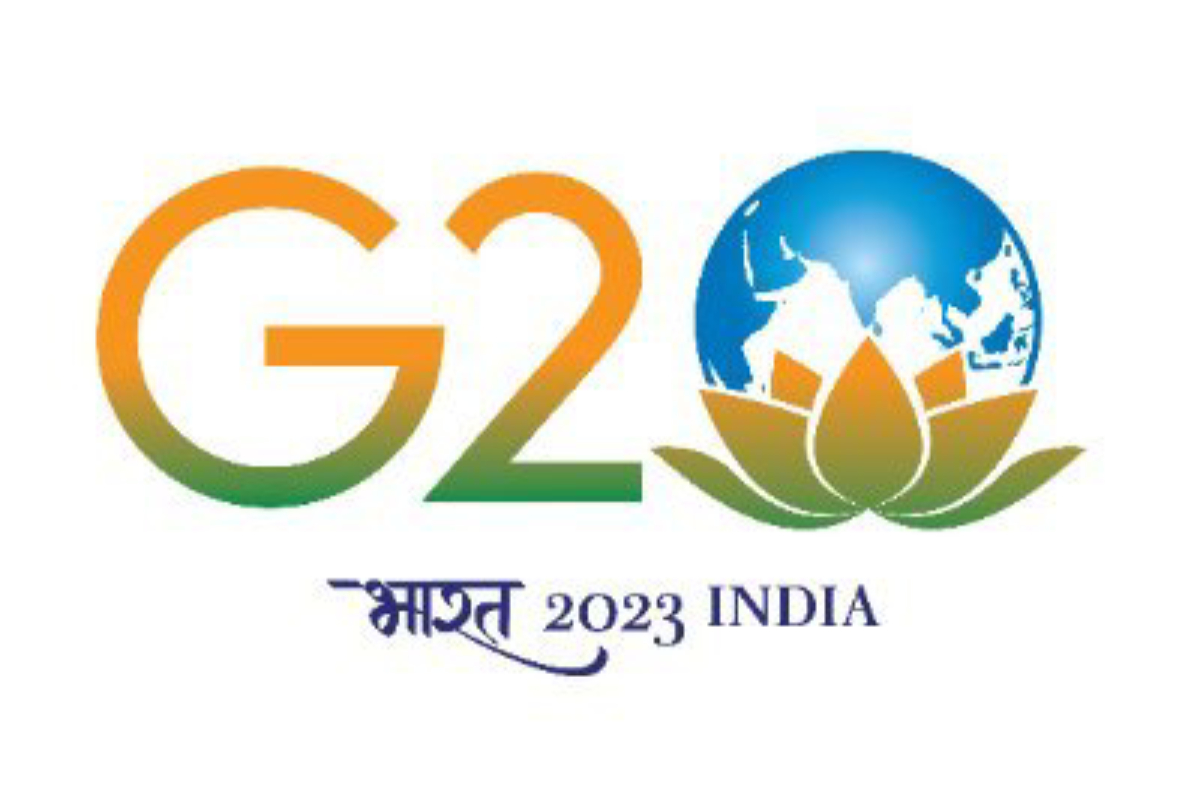India smartphone market sees 9 pc rise in revenue in 2024, Apple leads
The Indian smartphone market’s wholesale revenue rose 9 per cent year-on-year (YoY) to hit a record high in 2024, a report said on Thursday.
The third and final meeting of G20 Anti-Corruption Working Group (ACWG) under India’s Presidency will be held from 9-11 August in Kolkata.

G20 [Photo: Twitter/@g20org]
The third and final meeting of G20 Anti-Corruption Working Group (ACWG) under India’s Presidency will be held from 9-11 August in Kolkata.
Over 154 delegates from G20 Members, 10 invitee countries, and various international organizations will be attending the meeting.
Advertisement
It will be followed by the G20 Anti-Corruption Ministerial Meeting on 12 August, which will be chaired by Union Minister Jitendra Singh.
Advertisement
This will be the second ever ministerial meeting of G20 ACWG and the first in-person ACWG ministerial meeting. The deliberations at the level of mMinisters will impart a further political impetus to combating corruption as ACWG plays a crucial role in leading international efforts to combat corruption.
Under India’s G20 presidency, ACWG has been able to achieve significant progress on anti-corruption cooperation regarding action against fugitive economic offenders and return of assets, guided by the Nine Point Agenda for Action Against Fugitive Economic Offences and Asset Recovery, presented by Prime Minister Narendra Modi to G20 nations in 2018.
During the 1st and 2nd ACWG meetings held in Gurugram and Rishikesh respectively, India was able to forge a consensus in G20 to advance the international anti-corruption agenda by finalising three outcome documents (High Level Principles) on important and sensitive issues.
These pragmatic and action-oriented highest-level commitments will contribute towards prevention, detection, investigation, and prosecution of corruption offences, strengthening domestic anti-corruption institutional frameworks, extradition of fugitive economic offenders and recovery of assets of such offenders from foreign jurisdictions.
The High-Level Principles on Promoting Integrity and Effectiveness of Public Bodies and Authorities Responsible for Preventing and Combating Corruption will provide a guiding framework for strengthening the independence, transparency, and accountability of anti-corruption institutions. It will help in addressing the root cause of corruption including institutional weakness and lack of accountability.
The High-Level Principles on Strengthening Asset Recovery Mechanisms for Combating Corruption are a set of guiding principles to support establishment of a robust and effective framework for the expeditious recovery of proceeds of crime. These principles will deter economic offenders who seek refuge in foreign jurisdictions.
The High-Level Principles on Strengthening Law Enforcement related International Cooperation and Information Sharing for Combating Corruption is a 6-point plan to enhance inter-agency cooperation and international cooperation through information sharing amongst law enforcement agencies and countries. It will ensure timely and effective action against corruption offences, prosecution of offenders and recovery of proceeds of crimes.
ACWG is also focusing on the role of audit institutions in tackling corruption. Earlier, in the year, side events were also organized to highlight the use of Information and Communication Technologies (ICT) in reducing corruption in public administration and delivery of public services and gender related issues of corruption.
The discussion on impact of corruption on women initiated under India’s presidency will generate further concrete action towards collective initiatives for adopting gender-sensitive and gender-responsive approaches in anti-corruption strategies.
The 3rd ACWG meeting in Kolkata will give direction to the future work of ACWG and further the commitments made on law enforcement cooperation, strengthening asset recovery mechanisms, and enhancing integrity and effectiveness of anti-corruption authorities during India’s G20 presidency.
Advertisement